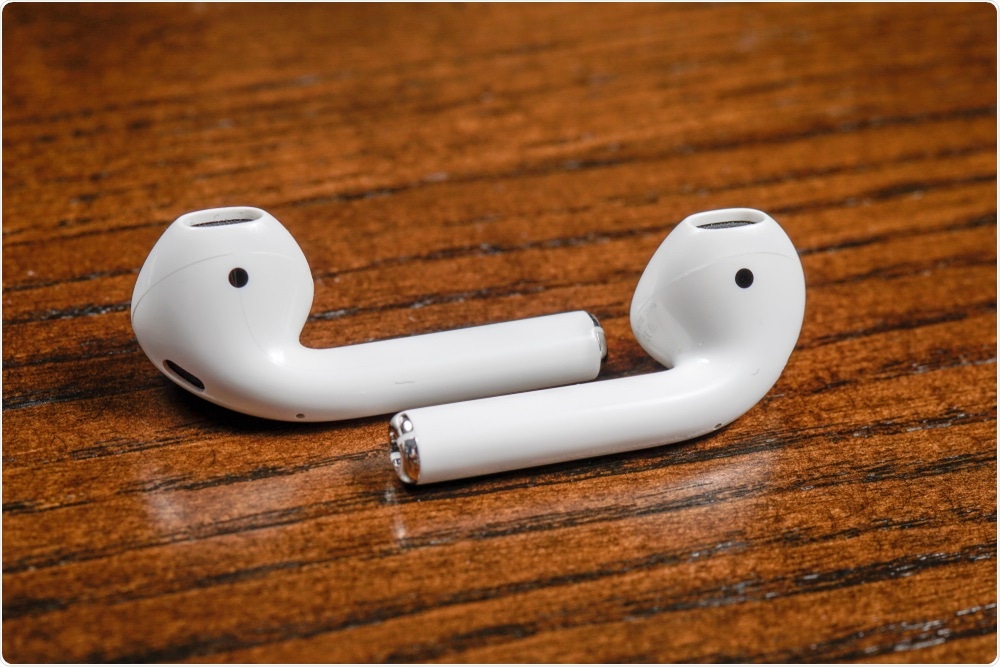Wireless earphones could be releasing potentially carcinogenic radiation into the heads of the users, finds a new study.
 Mohd Syis Zulkipl | Shutterstock
Mohd Syis Zulkipl | Shutterstock
A group of 250 experts and researchers have signed a petition to the United Nations and World Health Organisation to stop the use of these and other wireless devices.
The researchers explain that these wireless ear pieces use a type of electromagnetic frequency (EMF) radiowave via Bluetooth technology to transmit data. The closeness of this radiation to the brains of the users is cause for concern, say the researchers.
Jerry Phillips, a professor of biochemistry at the University of Colorado said, “My concern for AirPods is that their placement in the ear canal exposes tissues in the head to relatively high levels of radio-frequency radiation.” Phillips is one of the many scientists who have called for a restriction on use of such devices.
The petition reads, “Based upon peer-reviewed, published research, we have serious concerns regarding the ubiquitous and increasing exposure to EMF generated by electric and wireless devices.” It goes on to say that the risk of cancer, neurological disorders, and DNA damage that have been associated with EMF exposure cannot be ignored.
The International Agency for Research on Cancer too recently agreed that these EMF waves could be “possibly carcinogenic” to humans. These waves are similar to UV rays or X raysbut are not as powerful. They can cause burns at high concentration but are generally of less impact. The debate about whether they are carcinogenic is still ongoing.
The World Health Organisation developed guidelines that regulate the amount of EMF the devices are allowed to emit. The petition adds, “The various agencies setting safety standards have failed to impose sufficient guidelines to protect the general public, particularly children who are more vulnerable to the effects of EMF. By not taking action, the WHO is failing to fulfil its role as the preeminent international public health agency.”
The guidelines insist that phones should be kept away from the body when not in use. Sleeping with the phone is not a good practice and usage of headsets or headphones to conduct phone calls is suggested as a good option.